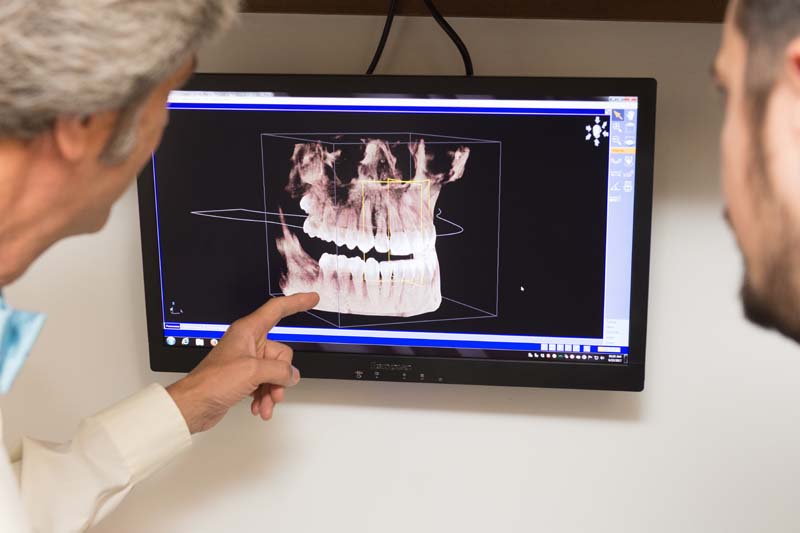
For more than 100 years, dentists restored teeth primarily with a material made of mercury and silver. The procedures tended to hold up pretty well, but there were some weaknesses, including teeth cracking due to the expansion of the material and restorations turning black as the silver corroded.
Fortunately, we have excellent new techniques in adhesion dentistry that have better, longer-lasting results. We can replace old crowns and bridges with metal-free restorations. The difference between the old metal fillings and our new porcelain restorations is amazing. The porcelain restorations reflect the translucence of natural teeth, don't show wear, or cause opposing teeth to erode. Plus, fitting the crown or bridge is so easy that these dental procedures can be accomplished in one appointment.
Tooth Restoration FAQs
What is restorative dentistry?
Restorative dentistry consists of dental work that aims to restore, repair, and enhance the appearance of your teeth. If you have missing, chipped, or decaying teeth then your dentist will likely suggest performing a restorative dental procedure. Dentists use restorative dentistry best practices to help you achieve better tooth function and improve your oral health.
Types of restorative dental work includes fillings, dental crowns or caps, dentures, bridges, root canals, dental bonding, and implants.
What is tooth enamel and can tooth enamel be restored?
What are the different types of dental fillings?
What's the difference between a dental crown and a cap?
Do tooth fillings hurt?

